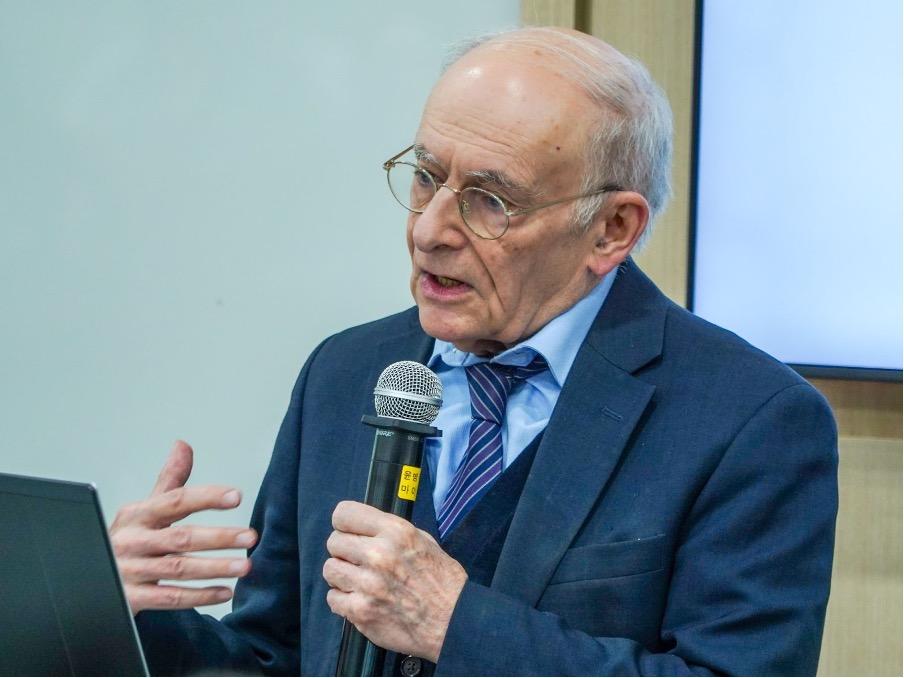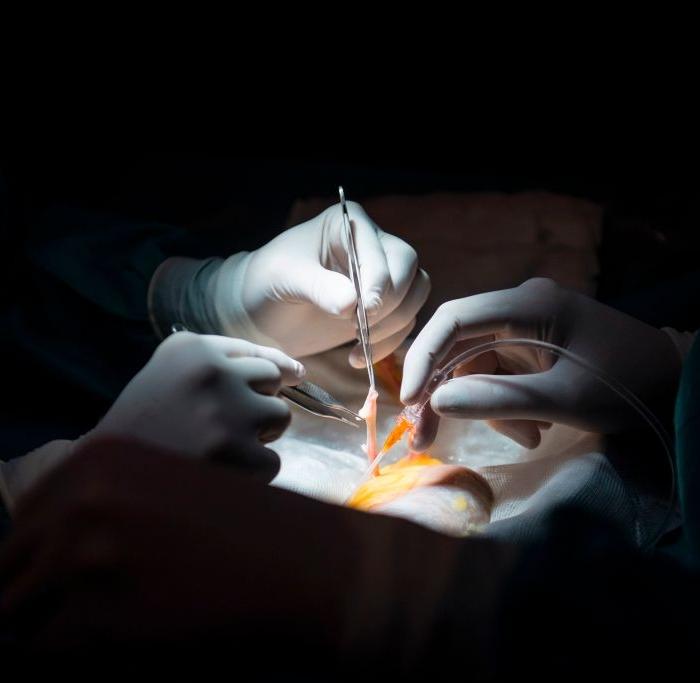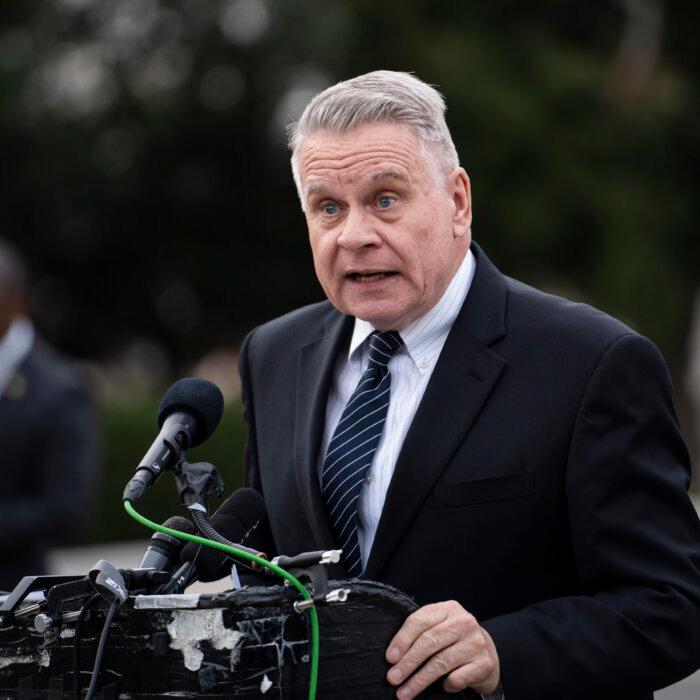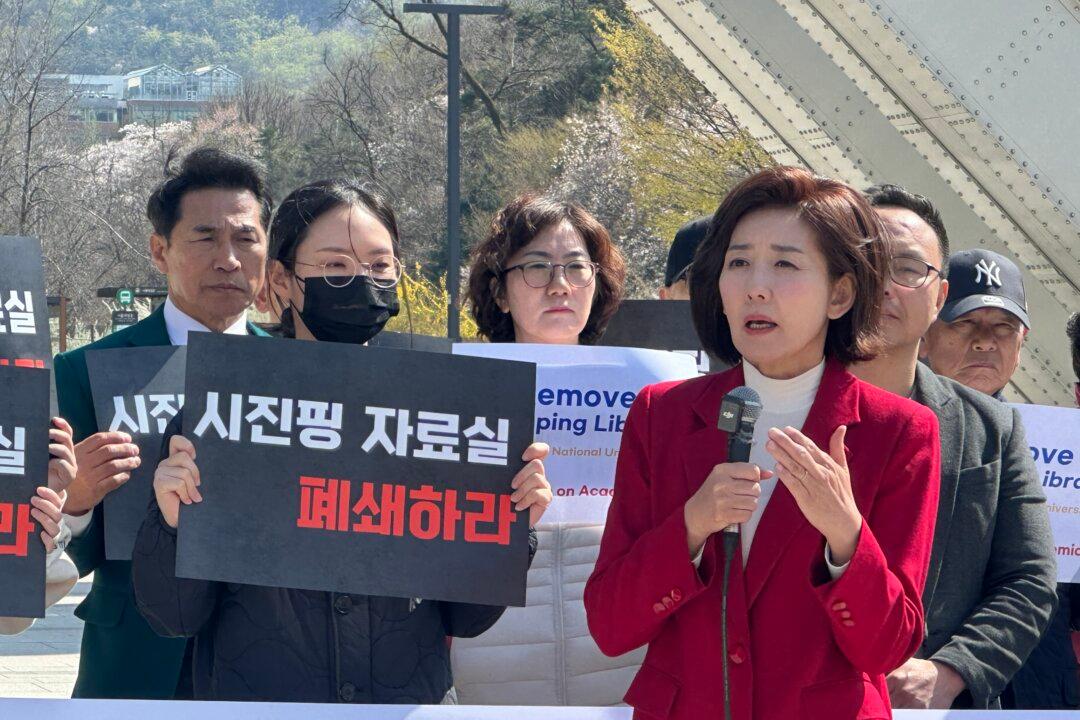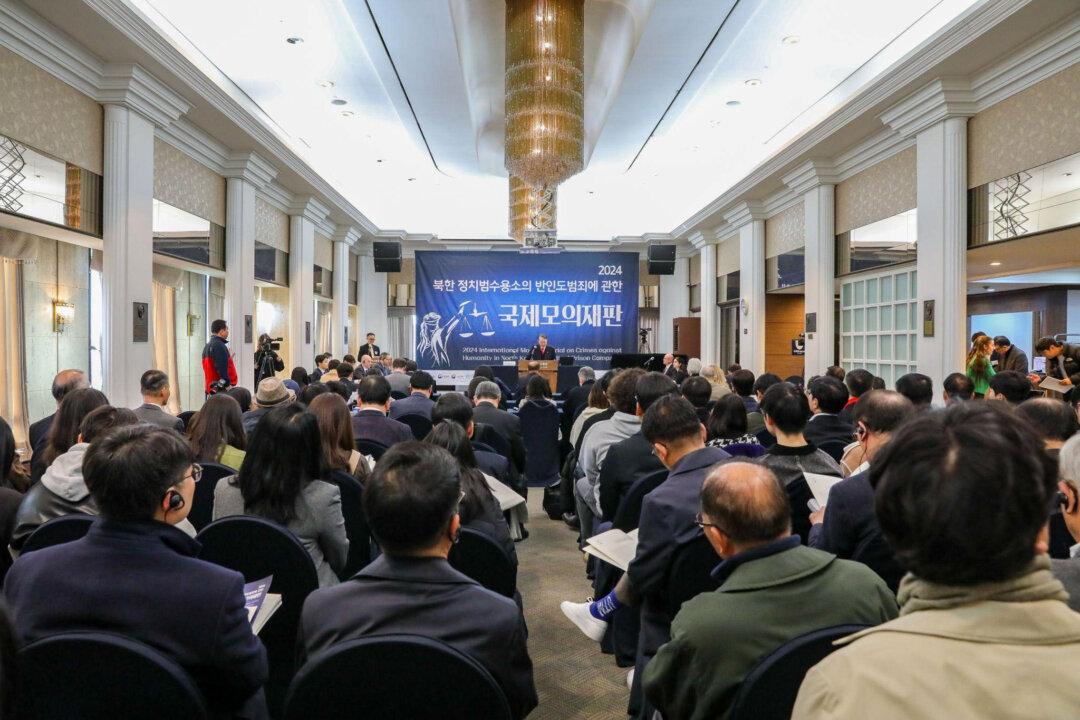SEOUL—David Matas, a renowned international human rights lawyer, called for South Korea to sanction perpetrators in China’s forced organ harvesting crimes and companies involved in the associated supply chain at a forum in Seoul on Dec. 15.
“Prohibiting [South] Korean complicity is entirely within the control of Korea,” David Matas, a renowned international human rights lawyer, said at the International Forum on Combating Forced Organ Harvesting.
He recommended that Seoul establish its own legislative authority to impose sanctions. Currently, the country’s laws defer to resolutions from the United Nations Security Council for such actions. Because China has veto power at the Council, that dependence renders South Korea unable to sanction Chinese nationals involved in killing prisoners of conscience for organs, Matas said.
He also said the perpetrators of forced organ harvesting should not be allowed to claim state immunity.
“Forced organ harvesting is, in China, a crime of the state,” he said. “The slaughter of innocents is organized through state institutions—the police, who detain the victims, the prisons, and the state health system, including the state military hospitals.”
Matas also identified areas for improvement for South Korea based on its progress in combating forced organ harvesting.
After taking effect in October 2020, the reporting requirement has not been enforced. According to the forum’s organizer, the Korean Association for Ethical Organ Transplants—which submitted an inquiry in 2023 to the National Organ Tissue and Blood Management Agency, the government body designated to receive reports—no submissions were made as of June 2023.
Matas suggested that the country enforce its existing law on overseas transplant reporting and extend the requirement to include health practitioners, pharmacists, hospitals, and insurers.
Nearly 50 law students, members of the Asian Law Students’ Association in South Korea—a co-organizer of the event—and human rights activists attended the forum. In breakout sessions on international law, domestic law, and ethics, they discussed potential actions against forced organ harvesting.
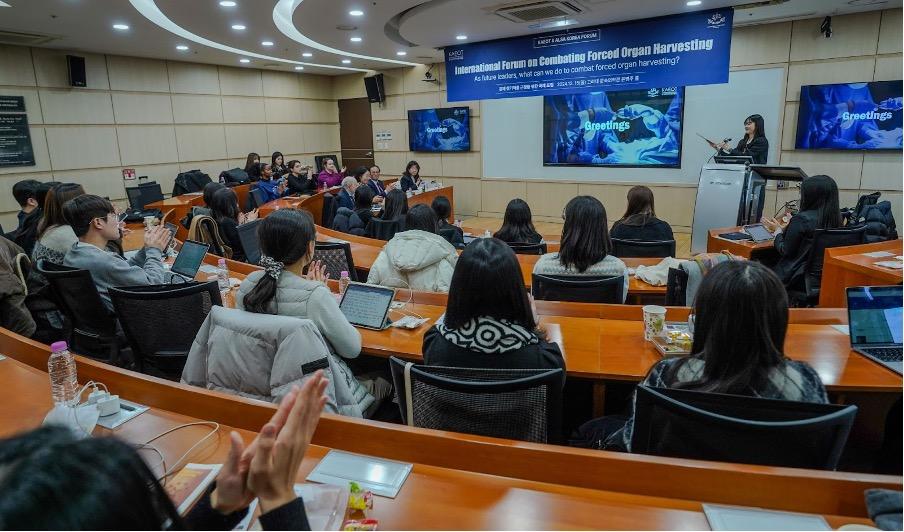
Huang Chian-Feng, vice president of the Taiwan Association for International Care of Organ Transplants, shared related legal progress in Taiwan.
“This ensures transparency and prevents illegal organ sourcing. The amendment also criminalizes organ trade, both domestic and extraterritorial,” Huang told forum attendees.
Last month, a surgeon and four accomplices were indicted in Taiwan for allegedly facilitating illegal organ transplants in China.
Han Heechul, professor emeritus at the Korea University School of Medicine and former director of the Korea Medical Education and Evaluation Institute, said the legal discussion is critical for South Korea to catch up with other countries in combating forced organ harvesting. He said that the local medical community was also seeking solutions as South Koreans increased their awareness of the issue.
A day before the forum, a movie screening was held in Daegu, a city about 200 miles south of Seoul. Based on a true story, the documentary “Letters From Masanjia,” tells of how a Falun Gong practitioner detained for his belief in the Masanjia Labor Camp in northeast China hid an English SOS message in a Halloween decoration product he was making before it was exported to the United States. An American woman bought the merchandise, found the letter, and told the media, which internationally exposed the situation of labor camps and the persecution of Falun Gong in China.
One member of the audience, who preferred to only disclose his last name, Choi, for fear of CCP retaliation, told The Epoch Times that the Party’s genocidal atrocities are repeating the dark chapters of human history,
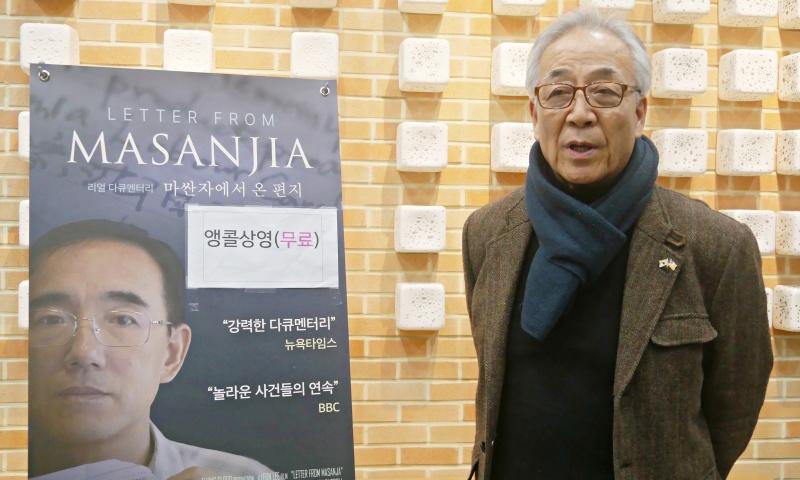
An increasing number of countries are joining the effort to combat the CCP’s organ transplant abuses. Nearly 20 countries—including Spain, Italy, Norway, Belgium, the UK, Canada, France, and Switzerland—have introduced laws prohibiting citizens and residents from obtaining illegally sourced organs abroad.
